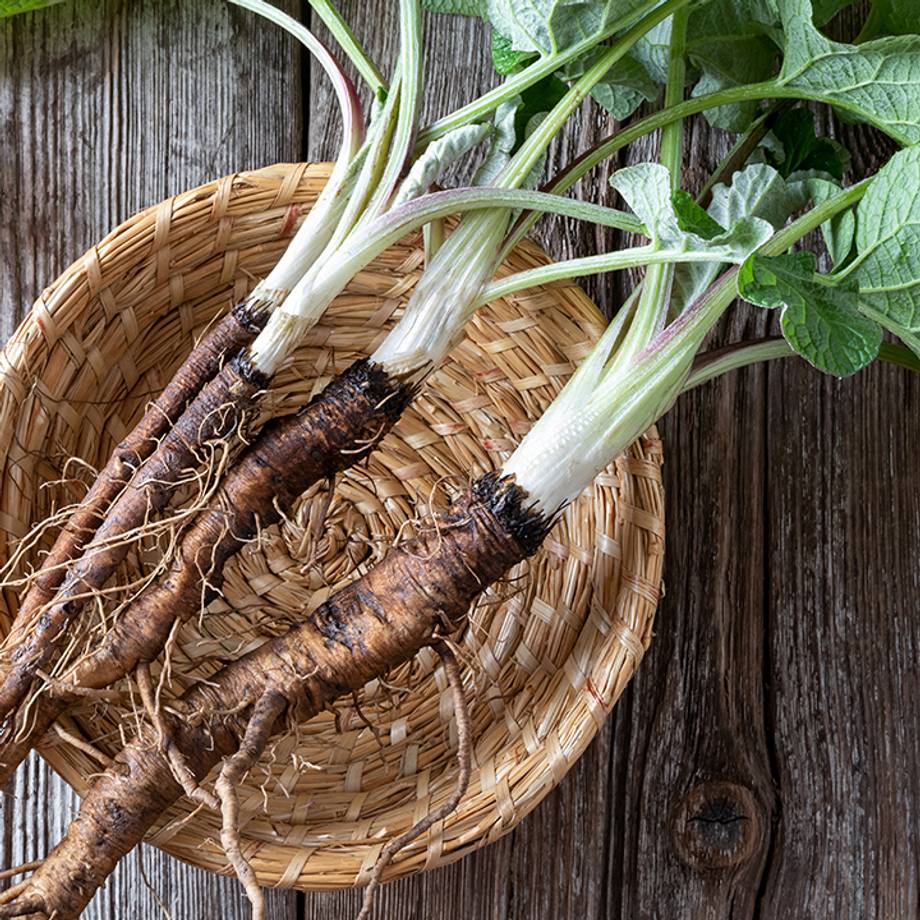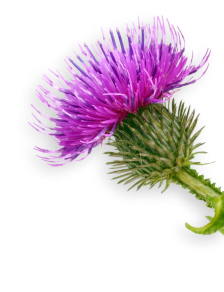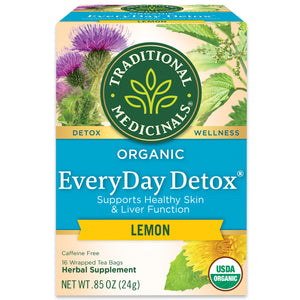
More Burdock info
Burdock’s prickly burrs are the inspiration behind Velcro.

While this clingy herb is commonly known for its ability to latch on, herbalists love burdock for its unique ability to help the body let go. Its roots are commonly used in teas, tinctures, capsules, and broths to support healthy digestion, kidneys, and glowing skin.* It’s known as an alterative in herbalism, meaning it helps healthy elimination in the body and supports nutrient assimilation.*
Rich in a dietary fiber called inulin, the root is often used in formulas as a prebiotic, which helps feed the gut’s good bacteria. By consuming burdock root regularly, you’re supporting your body’s lymphatic system, digestive tract, and overall health.*

Burdock is an international and generational favorite amongst cooks and herbalists. It’s known as gobō in Japanese, and you’ve likely tasted the roots in rolls at your local sushi restaurant or perhaps in a homecooked meal called Gobō Kimpira, where the roots are shredded and braised alongside carrots. In Europe, the root was used as a cooked vegetable or infused into beer.
Throughout Asia, where this plant is native, burdock is traditionally used to support the immune system.* Hildegard von Bingen, a popular prophet and herbalist from Germany in the 12th century, commonly used burdock to treat more serious conditions. More recently, the plant has naturalized itself in the United States and is used by some indigenous tribes, including the Menominee and Micmac, to support healthy skin.*

When fully grown, burdock is easy to spot. Its big elephant ear-like leaves are vibrantly green, and its prickly burrs make it hard to miss. Because this plant often shows up uninvited and loves nitrogen-rich soils, many farmers who manage pastures or cattle find this medicinal to be quite pesky. The seedy burrs have microscopic slivers that can cause pain and inflammation when they enter animals' eyes.
While this herb might have a complicated reputation on the farm, it’s easy to find or grow in most places in the U.S. It’s a biennial plant, which means it generally takes about two years to reach its lifecycle and can reach up to 10 feet tall. It’s often found naturalized in disturbed soils, like roadsides and ditches. Burdock is said to be native to Eurasia.
Products that contain Burdock
EveryDay Detox® Lemon Tea
Additional Information
Legal Disclaimer:
The information and other content in this article are designed to provide a general overview of the botany, cultural history, and traditional uses of this herb. It is not intended and should not be construed as health advice. Every person is unique and you should consult with your health care provider before using any herbal product or supplement.

Become an Herb Nerd & Get 10% Off!
Herbal tidbits, DIY plant projects, exclusive discounts, and recipes to follow the seasons delivered straight to your inbox.



